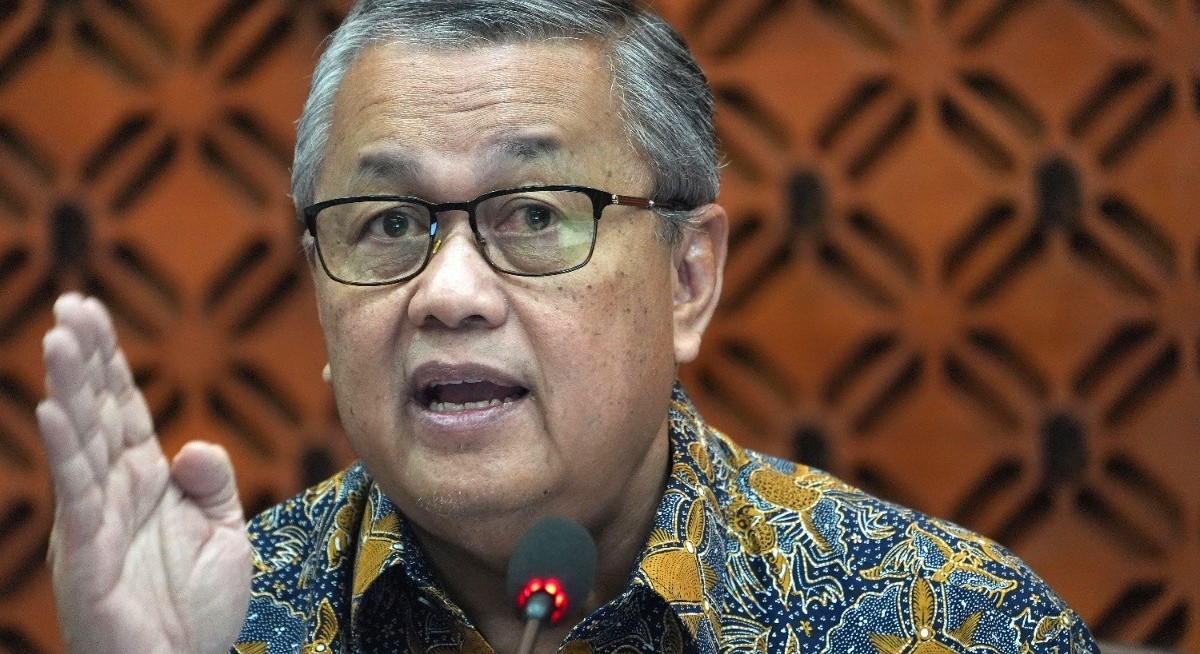(Oct 22): Bank Indonesia (BI) unexpectedly kept its policy rate unchanged after previously vowing to take an “all-out pro-growth” stance, saying it would now assess the impact of previous easing and ongoing fiscal stimulus on Southeast Asia’s largest economy.
The central bank held its benchmark BI-Rate at 4.75% on Wednesday, as predicted by only 10 of 39 economists in a Bloomberg survey. The majority had predicted the BI would make a fourth consecutive cut of 25 basis points.
It’s the fourth straight month that the central bank has surprised markets, with Governor Perry Warjiyo having said in the September meeting that the central bank would prioritise supporting economic growth. Today’s turnaround could underline concern about the rupiah, which had fallen about 1% since BI’s September rate cut.
“We still see room for further interest rate reductions, but our current focus is on strengthening the effectiveness of monetary policy transmission that has been pursued so far, and maintaining the stability of the rupiah,” Warjiyo said in a briefing in Jakarta on Wednesday, announcing incentives to get banks to reduce lending rates.
The rupiah reversed an earlier loss to gain 0.1% against the dollar, while stocks extended their decline to as much as 1.2% after the decision. The benchmark 10-year government bond yield climbed up one basis point.
BI may “feel conflicted” between its mandate of maintaining currency stability and supporting economic growth, said Lionel Priyadi, a fixed-income and macro strategist at PT Mega Capital in Jakarta. “This hold decision is a kind of insurance to maintain rupiah stability in the short term.”
See also: IMF warns Asia’s growth will cool this year, next on trade risks
Governor Warjiyo built up to the surprise decision by remarking that lenders need to do more to pass on the lower borrowing costs. While the BI-Rate has been cut by 150 basis points, bank lending rates have only fallen by 15 basis points, he said.
The central bank will expand its liquidity incentives, effective Dec 1, rewarding banks that adjust their lending rates with lower reserve requirement ratios (RRR). Previously, the lower RRR was only granted to banks that lend to priority sectors. Conventional banks would be able to cut their RRR to as low as 3.5% from the current level of 9%.
“Bank Indonesia will continue to monitor the effectiveness of the transmission of the loose monetary policy that has been implemented, the prospects for economic growth and inflation, and the stability of the rupiah exchange rate,” it said in a statement.
See also: Japan's Takaichi seeks official group to ward off risky foreign investors
Foreign reserves slipped to a 14-month low in September, leaving the central bank limited room to support the rupiah. Although the currency has held up against the dollar this month, economists still expect potential downward pressure amid foreign outflows.
Foreign investors have been selling out of Indonesian assets despite a recent rally in bonds and stocks. The impact of the global trade war has compounded investor concerns over Indonesia’s fiscal discipline and central bank independence.
Still, BI has room to remain dovish, with both headline and core inflation seen remaining within the 1.5%-3.5% target this year and next. To help boost the economy, the government last week announced a further US$1.8 billion of cash handouts, plus paid internships for more young graduates.




